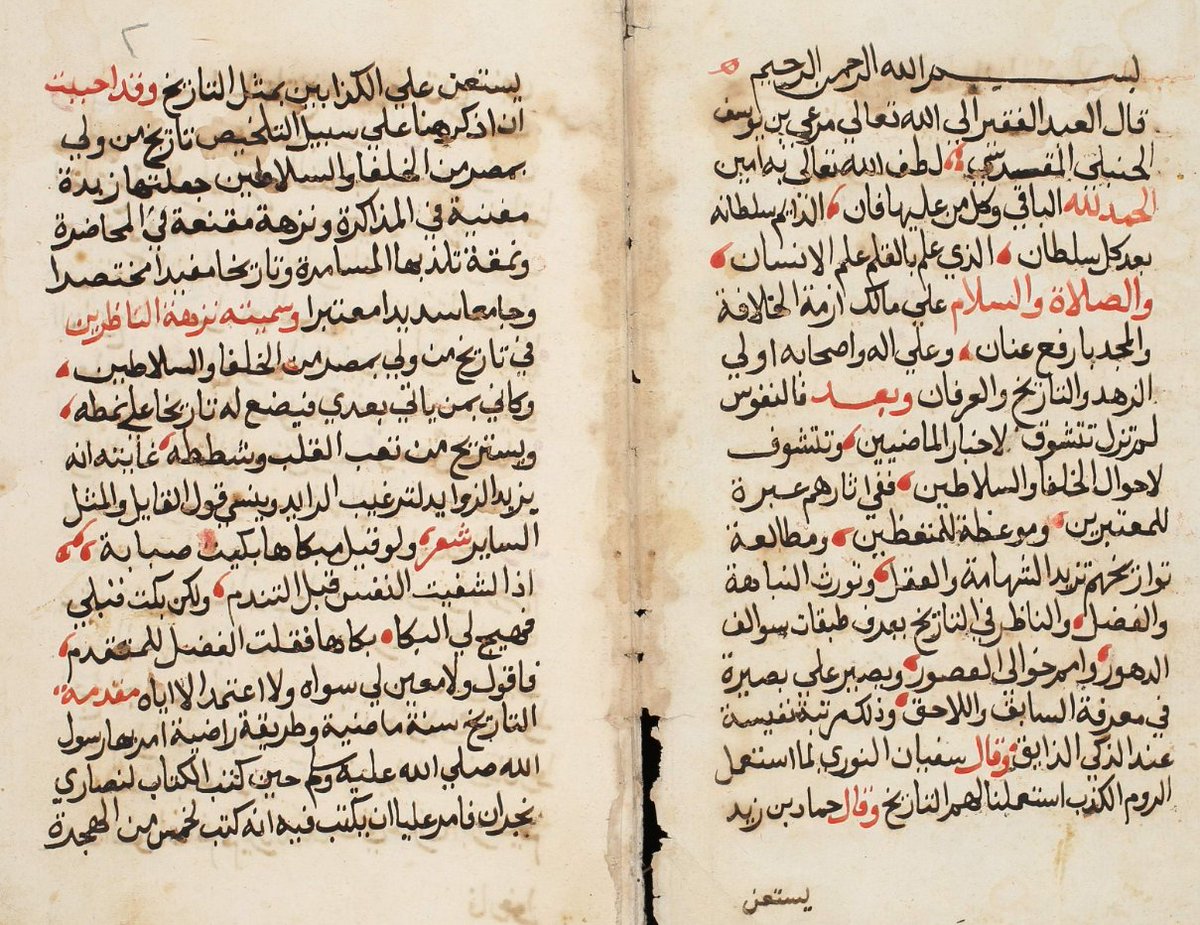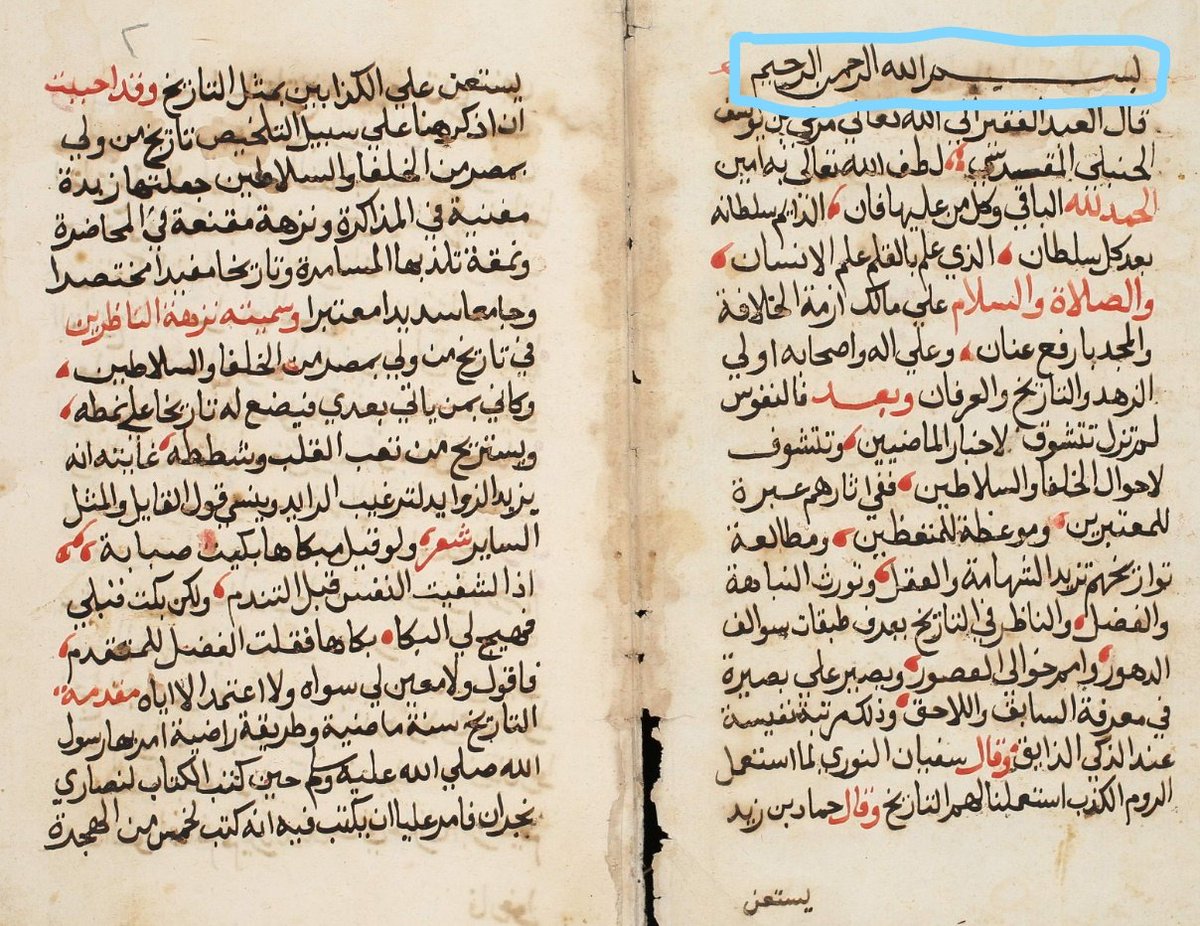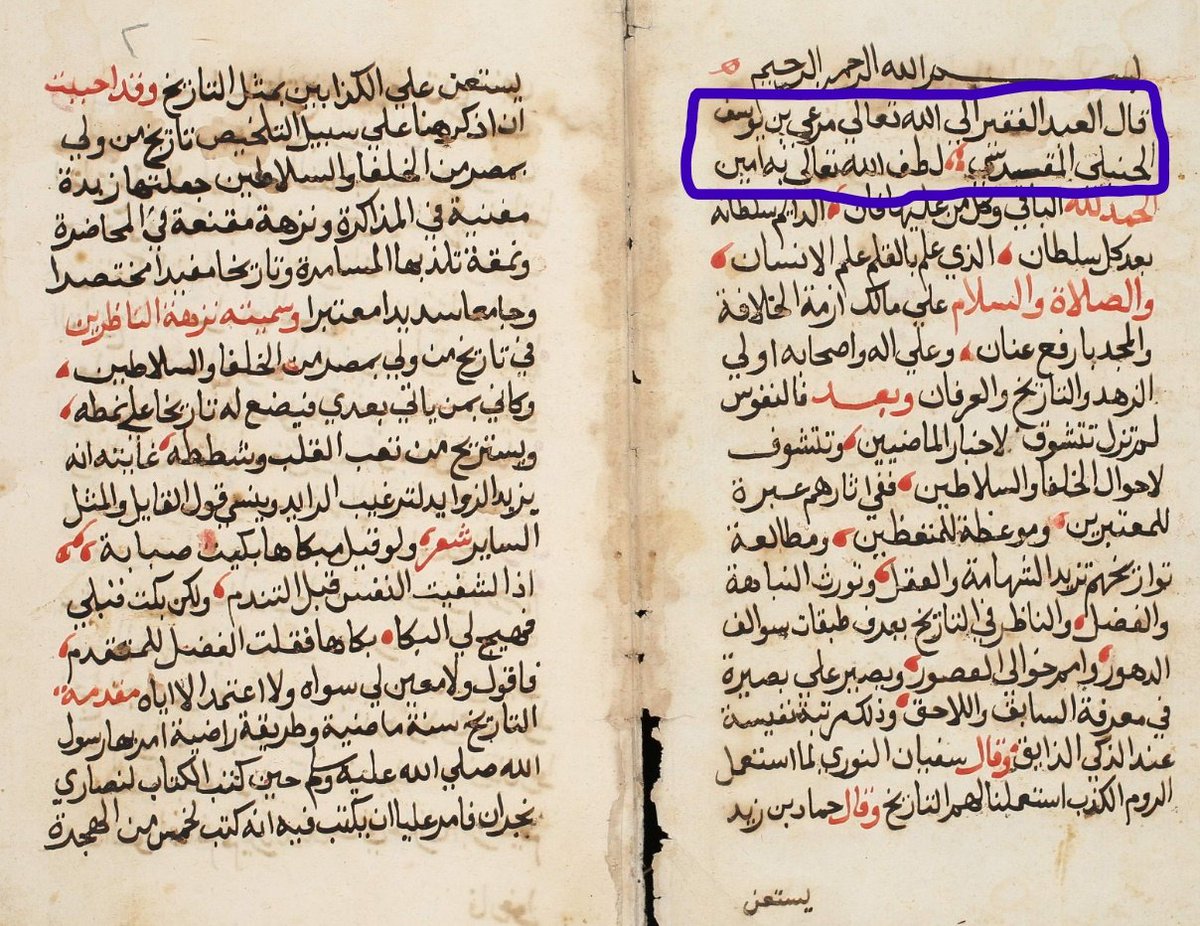Someone asked me if I have given sight to the blind. Of course it was a joke, but yes I have. As a matter of fact, I have given sight to more people than Jesus is recorded to have.
I’ve got some interesting responses to this so I’ll like to demystify a commonly used but misleading saying!
If you study the Bible to extract the nature of God, you will most definitely find that God prioritizes “efficiency” and is NOT wasteful about resource allocation
THREAD
Already done all of these \U0001f923\U0001f923\U0001f923
— Zeal Ak (@zeal_a) January 5, 2021
I think I need to dial up a bit pic.twitter.com/U3ZxctnnGq
Someone asked me if I have given sight to the blind. Of course it was a joke, but yes I have. As a matter of fact, I have given sight to more people than Jesus is recorded to have.
I used a more efficient method by using money, not power.
Jesus also healed the sick using miracles. The woman with the issue of blood drained power from him and he felt it.
When God wanted to help Nigeria become cement sufficient, did he call a pastor?
He called those equipped with the network, knowledge & resource to execute
If you believe in system efficiency, which I believe God prioritizes, then you’ll see that the saying is quite rubbish unless you are hoping for magic in the name of miracles
When God looked for “a man” and didn’t find...
God used Cyrus in Isaiah 45 (I haven’t been to any church that didn’t pray for Cyrus blessing) despite even God saying 2x in the first 5 verses that Cyrus didn’t know him.
The average Nigerian Christian would’ve met Cyrus & preached to the “pagan”
Everyone is useful if they just invest in themselves & make themselves available
Which sensible person will have monkeys but prefer using a fish to climb a tree?
Obviously Goliath was the best in close combat but the strategy to win was range combat and who better at that than the “bored” but bold shepherd who spent hours everyday practicing his slingshot to perfection?
You don’t have to turn stone to bread to feed the poor, if you have money, buy hundreds of loaves & you can end up feeding more than him
More from Religion
I want to talk about the key textual elements you might find in an Islamic manuscript. I'll focus on this manuscript, roughly 18th century, of an Arabic history of the rulers of Egypt called Nuzhat al-nāẓirīn, by Marʻī al-Karmī (d. 1623/4).
Budeiry Library (Jerusalem) MS 593 -jm

These texts have many elements designed to help the reader understand what they're saying, and choices by the scribe who copied the manuscript often help as well. Let's see what's here. -jm
First, almost every Islamic text begins with the invocation "in the name of God, the compassionate, the merciful." The wording is never changed, and it's always in Arabic, no matter what language the text is, although you might add phrases like "and we ask God for help." -jm

Christians were able to do more experimentation with their invocations, as you can see from the examples here. https://t.co/wEPWRitCWA -jm
After the invocation (basmalah), you might have what this text has, which is an introduction of the author in the form "the poor slave of God [so-and-so] said..." often followed by a quick prayer for the author. -jm

Budeiry Library (Jerusalem) MS 593 -jm

These texts have many elements designed to help the reader understand what they're saying, and choices by the scribe who copied the manuscript often help as well. Let's see what's here. -jm
First, almost every Islamic text begins with the invocation "in the name of God, the compassionate, the merciful." The wording is never changed, and it's always in Arabic, no matter what language the text is, although you might add phrases like "and we ask God for help." -jm

Christians were able to do more experimentation with their invocations, as you can see from the examples here. https://t.co/wEPWRitCWA -jm
These little prayers are fun pic.twitter.com/hJYk2M01bO
— Josh Mugler (@J_mugs) February 16, 2019
After the invocation (basmalah), you might have what this text has, which is an introduction of the author in the form "the poor slave of God [so-and-so] said..." often followed by a quick prayer for the author. -jm

You May Also Like
My top 10 tweets of the year
A thread 👇
https://t.co/xj4js6shhy
https://t.co/b81zoW6u1d
https://t.co/1147it02zs
https://t.co/A7XCU5fC2m
A thread 👇
https://t.co/xj4js6shhy
Entrepreneur\u2019s mind.
— James Clear (@JamesClear) August 22, 2020
Athlete\u2019s body.
Artist\u2019s soul.
https://t.co/b81zoW6u1d
When you choose who to follow on Twitter, you are choosing your future thoughts.
— James Clear (@JamesClear) October 3, 2020
https://t.co/1147it02zs
Working on a problem reduces the fear of it.
— James Clear (@JamesClear) August 30, 2020
It\u2019s hard to fear a problem when you are making progress on it\u2014even if progress is imperfect and slow.
Action relieves anxiety.
https://t.co/A7XCU5fC2m
We often avoid taking action because we think "I need to learn more," but the best way to learn is often by taking action.
— James Clear (@JamesClear) September 23, 2020





















